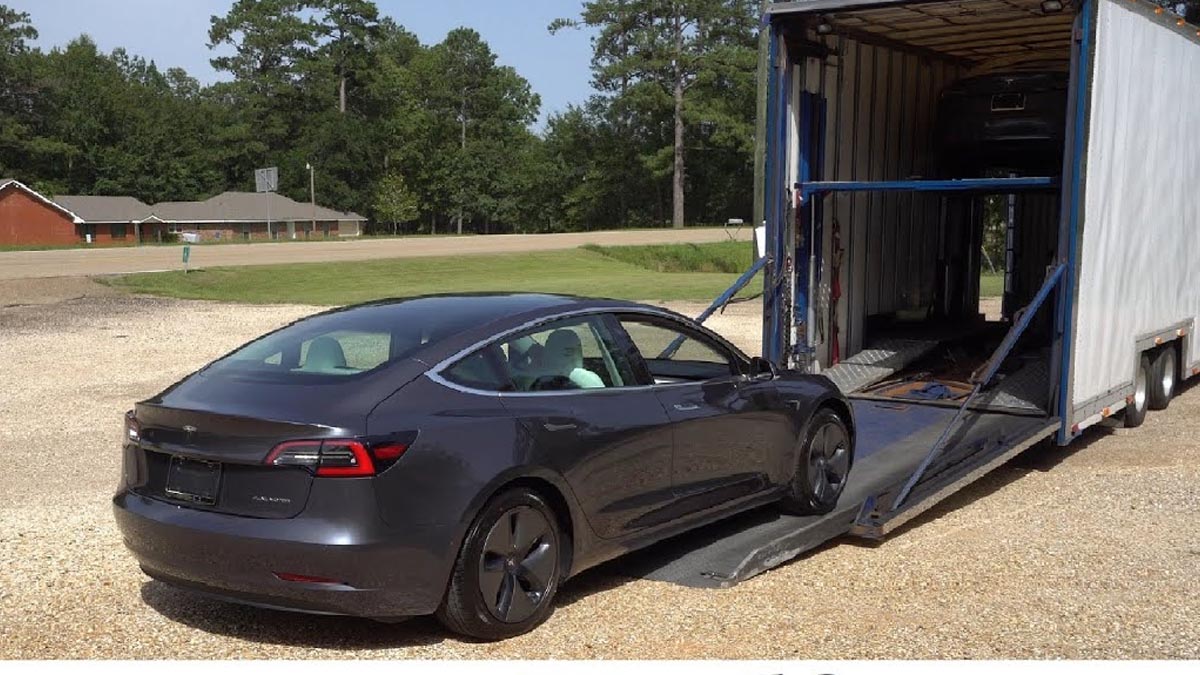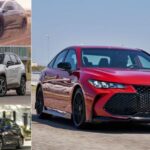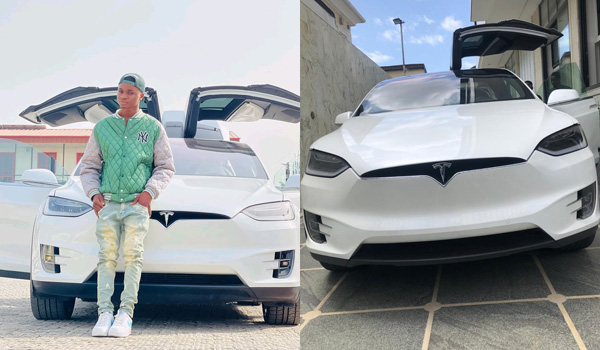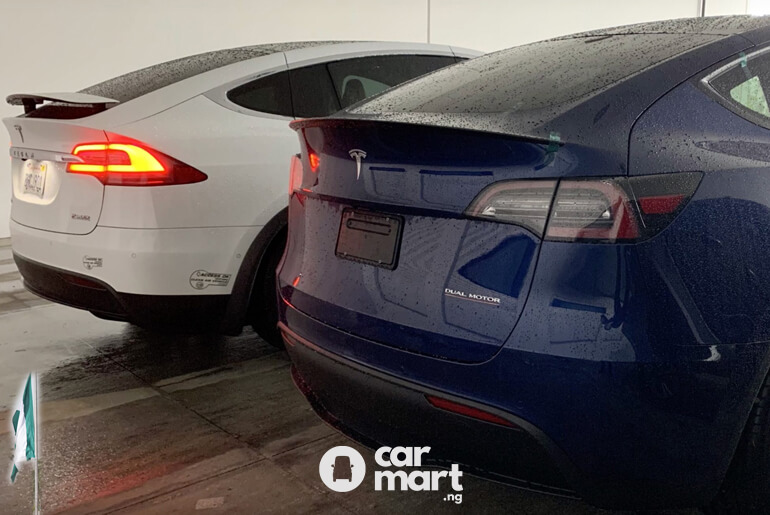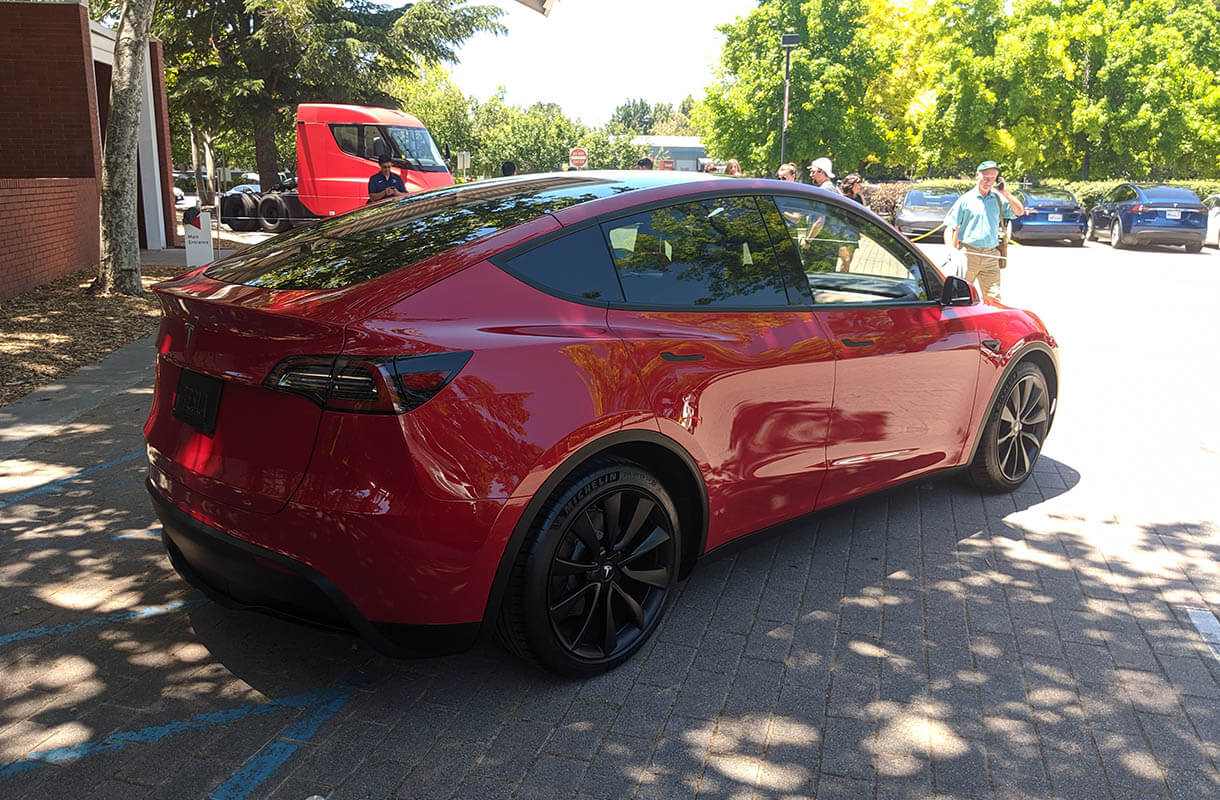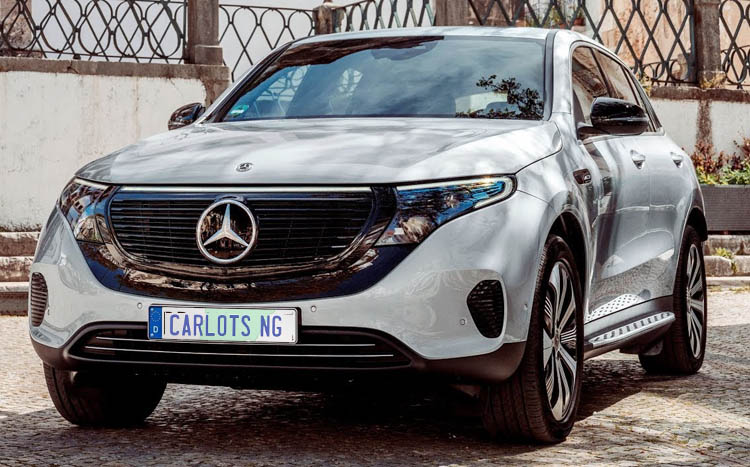Electric cars are slowly gaining popularity in Nigeria as more people opt for eco-friendly transportation. If you’re considering buying one, understanding how to purchase and register electric vehicles in the country is very important. From import regulations to local laws, navigating the process can be complex.
Table of Contents
In this article, we’ll outline the key steps for buying and clearing electric cars in Nigeria.
An Overview of Electric Vehicles
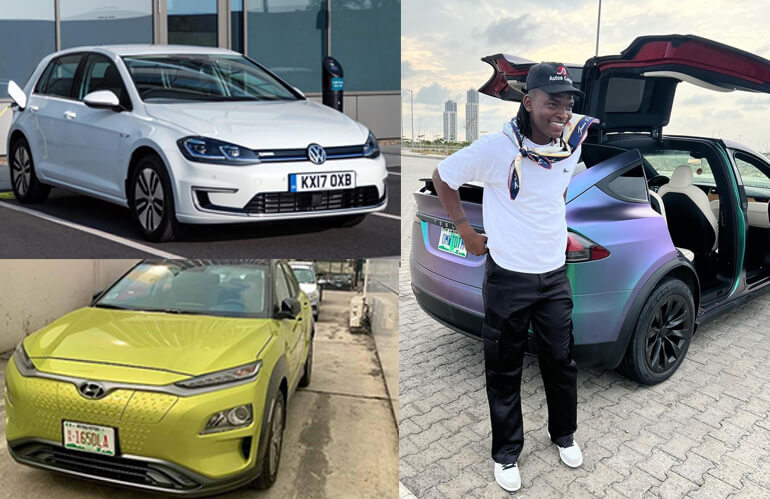
An electric vehicle (EV) is a vehicle that can be powered using an electric motor that draws electricity from a battery and is capable of being charged by an external source. Electric cars are slowly becoming popular in Nigeria. They are generally better for the environment, and they save energy. They run on electric motors powered by rechargeable batteries instead of gas, which means no harmful emissions.
Electric cars, like the Tesla Model S Plaid, offer not only cost savings but also contribute to a healthier environment by reducing carbon emissions. Unlike traditional cars, which emit harmful pollutants, electric cars help combat pollution and greenhouse gases, promoting a cleaner atmosphere.
Electric cars have lots of batteries, just like the ones that start regular cars, but they use them to power the whole vehicle. It’s a big step towards a cleaner, greener future.
Benefits of Buying Electric Vehicles
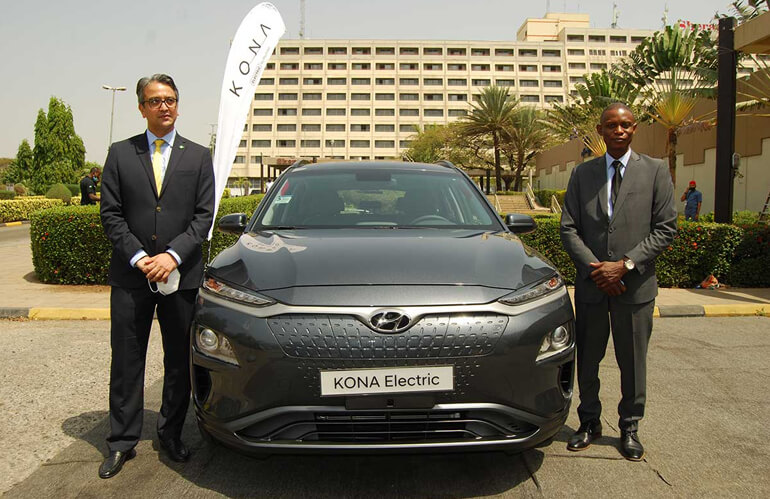
1. It doesn’t require fuel
Electric cars don’t need fuel; they run on electricity you charge them with. This saves you from constantly buying fuel, which can get expensive, especially in places like Nigeria, where even though we produce crude oil, we still pay a lot for refined fuel. Electric cars end up costing less to run because electricity is usually cheaper than petrol. If you charge your electric car at home, maybe with solar panels, you can save even more money, not just on driving but also on powering your house. So, with electric cars, you can say goodbye to yearly fuel costs.
2. It is convenient
Charging an electric car is easy, and the best thing? You don’t have to go to the fuel station anymore! You can plug it into a normal socket at home to charge it.
3. No Emissions
The best thing about electric cars is that they are super eco-friendly! Unlike traditional cars, they run on clean electricity instead of burning fuel. That means no harmful gases or smoke polluting the air. They’re even greener than hybrid cars, which still use some fuel and produce emissions. By driving an electric car, you’re helping keep our planet healthy and green.
4. It is safe to drive
Electric cars undergo the same tests as regular cars and are safer to drive because they’re more stable on the road. If there’s a crash, airbags pop out, and the electric power shuts off to keep you safe. They’re less likely to catch fire because they don’t have any flammable fuel. But if there’s a fire, it might need a different way to put it out because of how the cells are arranged.
5. Low maintenance:
Electric cars don’t have combustion engines, so they don’t need all the maintenance tasks that come with petrol or diesel engines. You won’t have to worry about costly engine repairs, making maintenance much cheaper. Plus, you won’t need to take your car to the service station as often as you would with a regular fuel-powered car.
6. Reduced noise pollution:
Electric cars are much quieter than traditional cars, which helps reduce noise pollution. They provide a smooth and quiet ride, especially with their powerful electric motors. However, this quietness has led to a new problem: pedestrians, who are often distracted by their phones, can’t hear electric cars approaching.
Cost of Clearing of Electric cars in Nigeria
The cost of clearing electric vehicles (EVs) in Nigeria can vary significantly based on the model, year, and market value, but expect to pay between NGN 1.5 million to NGN 5 million, which includes customs duty, VAT, and other import-related expenses.
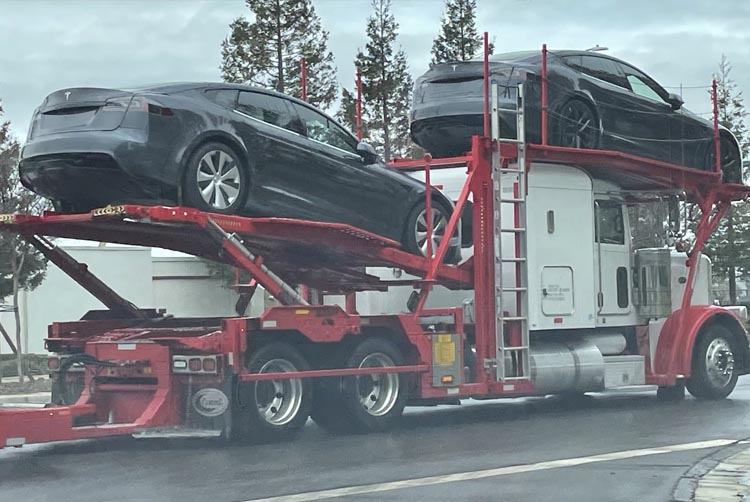
How to Clear Electric Cars in Nigeria
Clearing electric vehicles through the Nigeria Customs Service involves several steps, each crucial for ensuring a smooth process. Let’s delve into the details of how these steps apply specifically to electric vehicles:
1. Obtain a Bill of Lading:
The Bill of Lading is essential for electric vehicle importation, as it contains vital information such as the vehicle’s model, year, and VIN/chassis number. This document confirms the shipment of the electric vehicle and provides the necessary details for customs clearance.
2. Request an Import Duty Valuation:
For electric vehicles, determining the import duty is crucial. Since electric vehicles often have different valuation criteria compared to traditional vehicles, it’s essential to have a customs clearing agent who understands the unique aspects of electric vehicle valuation.
3. Put the Evaluation in the Custom Server:
Once the import duty valuation is obtained, it must be entered into the customs server for processing. This step ensures that the correct import duty amount is calculated based on the electric vehicle’s value and other relevant factors.
4. Pay Import Tax or Duty:
Electric vehicles may qualify for specific tax incentives or exemptions aimed at promoting their adoption. Understanding these incentives can help electric vehicle owners reduce their import tax or duty obligations, making the process more cost-effective.
5. Physical Examination and Discharge from Customs:
During the physical examination, customs officials verify the vehicle’s details and ensure compliance with regulatory requirements. Electric vehicles often undergo additional scrutiny due to their unique components and technology, such as battery packs and electric motors.
6. Exit Printing at the Shipping Agency:
After customs clearance, electric vehicle owners receive the necessary documentation from the shipping agency to finalize the release process. This step ensures that all clearance procedures are properly documented and completed.
7. Discharge from the Shipping Agency:
Electric vehicle owners must provide specific documents, including proof of identity and clearance authorization, to the shipping agency for vehicle release. This step confirms that the electric vehicle has been cleared for discharge and is ready for pickup.
8. Enrol and Attest at the Gate Office:
At the customs gate office, electric vehicle owners complete the final registration and verification process. This step ensures that all clearance requirements have been met before the electric vehicle leaves the port premises.
9. Other Stipulations:
Additional requirements may apply to electric vehicles, such as safety certifications or environmental compliance checks. Understanding these stipulations is essential for ensuring full compliance with customs regulations.
10. Conclusive Review and Payment:
Before the electric vehicle is released from customs custody, a final review is conducted to confirm compliance with all clearance procedures. Any outstanding fees or charges must be settled before the electric vehicle is officially cleared for use.
Conclusion
Electric car buying in Nigeria is gaining popularity due to its eco-friendly benefits. Understanding the customs clearance process is key for a smooth experience. Electric cars save money, are better for the environment, and need less maintenance. With the right knowledge, owning one in Nigeria can be a positive step towards sustainability.
Have 1 million naira and above to Buy or Sell Cars In Nigeria? Check carlots.ng
All rights reserved. Reproduction, publication, broadcasting, rewriting, or redistribution of this material and other digital content on carmart.ng is strictly prohibited without prior express written permission from Carmart Nigeria - Contact: [email protected]

